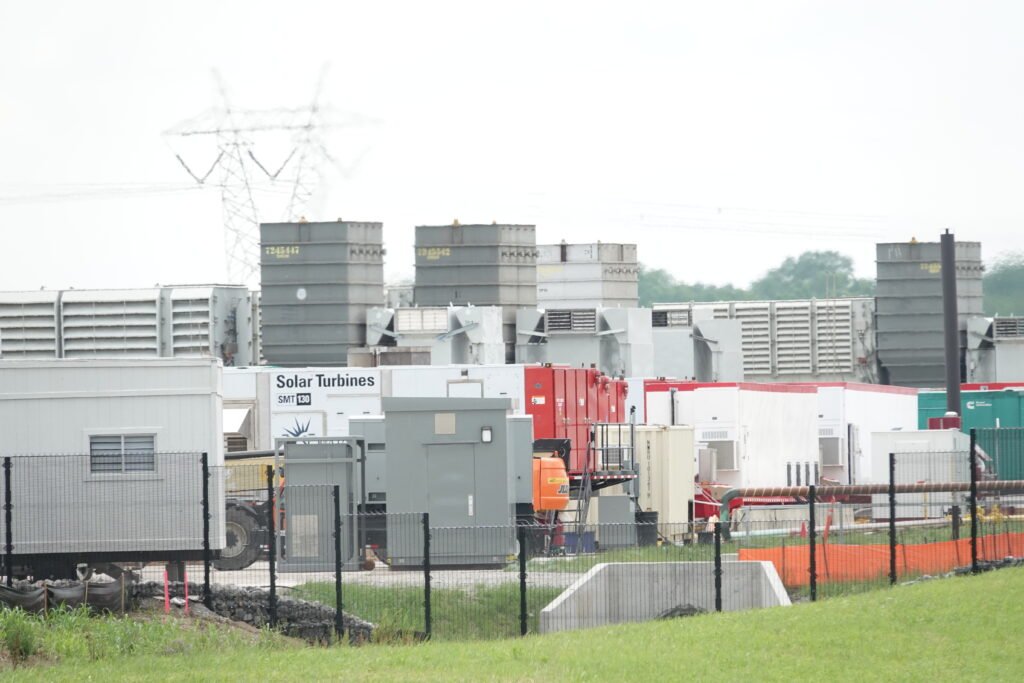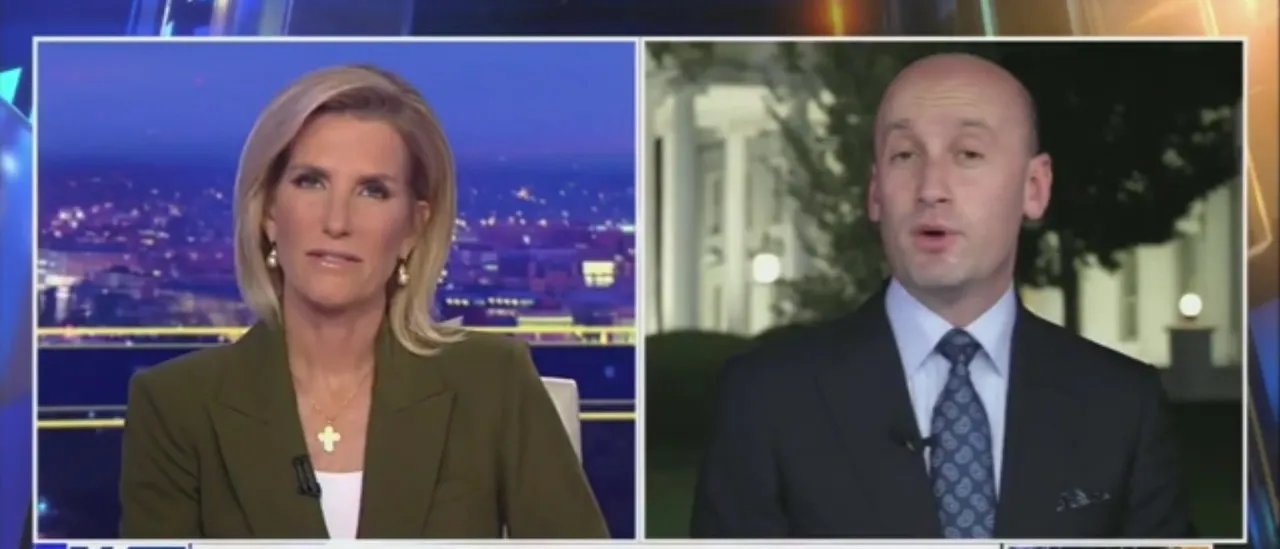Residents of predominantly Black neighborhoods in Whitehaven and Westwood are being asked to applaud a 25% “Community Benefit Agreement” associated with Elon Musk’s Xai project. But really, what does that figure mean, and how was it determined?
This isn’t just about the spirit of the Community Interest Ordinance. I mean, I believe in holding corporations accountable and establishing minimum standards for how developments should reinvest in the communities they affect. That part is definitely progress, but—there’s a real shortage of clarity here.
Honestly, the percentage seems random. Just to be clear, it isn’t rooted in any local precedent or aligned with established Community Benefits Agreements (CBA) seen in other cities that involve public-private partnerships and tax breaks. It almost feels like a marketing strategy rather than a meaningful commitment.
This number doesn’t reflect the racial and economic realities of the areas most impacted. It isn’t presented in a way that helps average people grasp the underlying calculations.
When discussing environmental and economic justice in neighborhoods like Westwood and Whitehaven—areas that have endured significant harm over decades—it’s puzzling. Why 25%? Shouldn’t it perhaps be 50%? Given that Black residents make up about 65% of Memphis, where is the logic in this figure?
It feels like we’re asked to accept a compromise based on political convenience rather than genuine need or ethical consideration.
NAACP and others challenge Xai turbine permits at Memphis data center
This isn’t about casting blame on city or county officials. I recognize that many operate under complex conditions. But that’s exactly why we need to reflect on and scrutinize the ongoing patterns that seem to repeat themselves. Once again, the Black community is being asked to celebrate a symbolic achievement that doesn’t fully address the burdens we carry.
Xai is touted as a success for Memphis. Yet, the facility’s revitalization happened before the Shelby County Health Department authorized it, and many people knew enough to question that. Colossus II is already underway. While the permitting may follow the law, it lacks sufficient environmental oversight and community safeguards upfront. This goes beyond public relations; it’s fundamentally about policy.
This is why I support the ongoing legal actions led by the Southern Environmental Law Center, NAACP, Memphis Community (MCAP), Young and Talent & Green. Their efforts to contest air permits aim not just to slow development but to protect people, advocating for the procedural integrity that should have been in place to begin with.
It’s not enough for elected officials to merely stand in solidarity during press conferences. We need stronger laws that close loopholes, preventing companies from operating for long periods without oversight. Without clearer regulations, enforced timelines, and real accountability, how can we ensure this future doesn’t repeat?
This is where Community Benefits Ordinances fall short. In theory, these financial commitments are a step forward. But without transparency about details and processes, they’re just numbers. Sure, it’s a good gesture, but it feels dangerously incomplete.
Group petitions EPA as Memphis ozone levels exceed national health standards
There’s also a looming fear about how this framework could connect to larger public safety issues. In a city still grappling with the Memphis Police Department’s troubling history, it’s tough to distinguish excitement for new business from the ongoing issues of accepted violence.
Community members deserve much more than just job training or infrastructure fixes. We need safety, transparency, and political empowerment that prioritizes our security just as much as the interests of tech giants do. We must ensure these initiative funds don’t end up in already strained public safety budgets.
Here’s a tough reality: these projects aren’t guaranteed to last. If the economics turn against billionaire Musk, he can walk away, leaving us with the infrastructure, environmental issues, and political fallout. Unless we proactively advocate for protection, the consequences will be ours to bear. Instead of seeking justice, we just end up trapped in a cycle of frustration.
This is why transparency matters, beyond mere transactions. The public deserves to understand how these deals are crafted, how these figures are decided, and what accountability measures exist. We need our leaders to genuinely envision what “benefit” means in a community that has often been treated as a bargaining chip.
This isn’t against progress or new technology. It’s about claiming our right to be treated professionally. It’s about ensuring that growth doesn’t mean exploitation. Equity must be more than just a buzzword. Justice must be woven into the fabric of the system, rather than relegated to a press release.
If we don’t dig deeper, we’ll keep getting answers that neglect those who really need it.
And I can’t accept that.
Not now.
Not ever.







